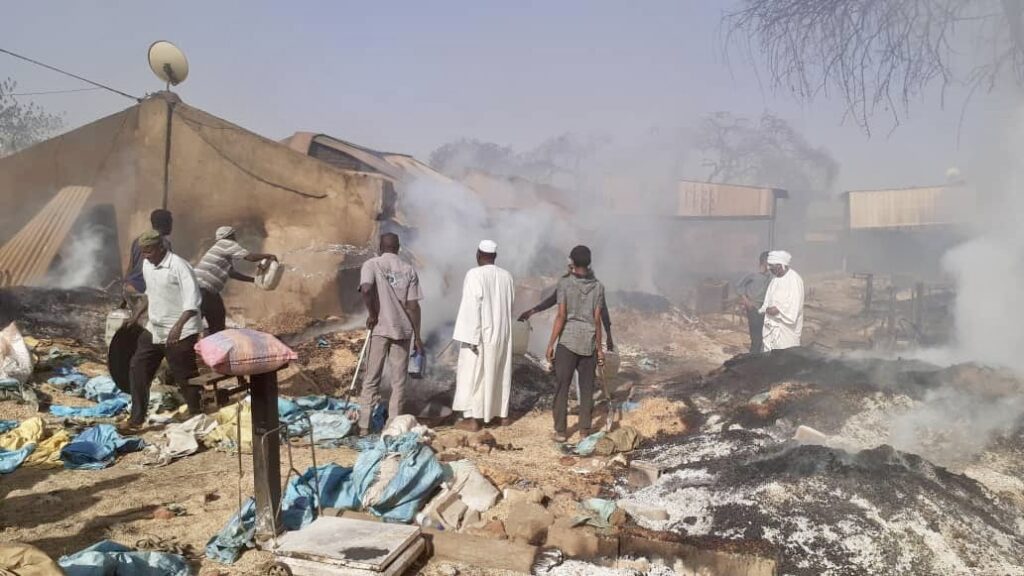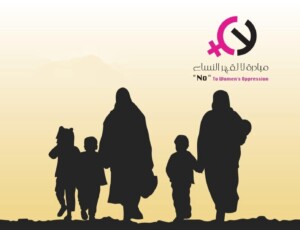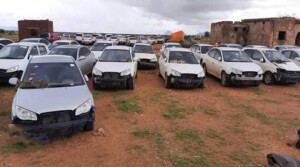Amnesty International reports ‘extensive war crimes’ in Sudan

El Geneina, capital of West Darfur, end of April (Photo: social media)
Serious war crimes are being committed in Sudan as the conflict between the Rapid Support Forces (RSF) and Sudan Armed Forces (SAF) ravages the country, Amnesty International says in a new report issued yesterday.
The report ‘Death Came To Our Home’: War Crimes and Civilian Suffering In Sudan documents “mass civilian casualties in both deliberate and indiscriminate attacks by the warring parties” in particular in Khartoum and West Darfur. The report, which focuses primarily on Khartoum and West Darfur, also details sexual violence against women and girls, targeted attacks on civilian objects such as hospitals and churches, and extensive looting.
“People are being killed inside their homes, or while desperately searching for food, water, and medicine. They are being caught in crossfire while fleeing, and shot deliberately in targeted attacks. Scores of women and girls, some as young as 12, have been raped and subjected to other forms of sexual violence by members of the warring sides. Nowhere is safe,” Amnesty International (AI) Secretary General Agnès Callamard says.
“The spiralling violence in the region of Darfur, where the RSF and allied militias are causing untold death and destruction, is raising the spectre of the scorched earth campaign of previous decades, at times involving some of the same actors.
“The RSF and SAF, as well as their affiliated armed groups, must end their targeting of civilians, and guarantee safe passage for those seeking safety. Urgent steps must be taken to ensure justice and reparations for victims and survivors.”
Civilians targeted
The report, based on research carried out between 15 April and 26 July, presents numerous testimonies from survivors of the fighting that erupted between the SAF, led by Gen Abdelfattah El Burhan, the head of the Sovereignty Council, and the paramilitary RSF, commanded by Genl Mohamed ‘Hemedti’, for control of Sudan.
The battles between the former allies responsible for the coup d’état in October 2021, which ended the transitional civilian-led government headed by Abdallah Hamdok, started in Khartoum in mid-April, but soon spread to Darfur (dominated by the RSF), and Kordofan (partly under control of the RSF).
The fighting was -and still is- not confined to military targets from both sides but targeted many civilians as well.
Many people told AI they were injured, and their relatives killed where they sought safety. In addition, “scores of women and girls, some as young as 12, have been subjected to sexual violence, including rape, by members of the warring sides”.
In most cases documented by the international human rights organisation, survivors said the perpetrators were RSF members or from allied Arab gunmen.
‘State forces’
“Considering the intensity of the fighting and the level of organization of both parties to the conflict, the fighting that erupted in Sudan since 15 April 2023 – in Khartoum and across the country – between the SAF and the RSF constitutes a non-international armed conflict,” the report states.
“In the context of the ongoing conflict, Amnesty International considers both the SAF and RSF to be state forces as defined under international humanitarian law. Both parties are also allied to militias and other armed groups, which operate under varying levels of control and influence of the RSF or SAF.”
“All parties to the conflict have a further obligation to adopt necessary precautions in attack, which entails taking “constant care… to spare the civilian population, civilians and civilian objects.”
The scale and circumstances of civilian deaths and injuries in the context of the conflict in Sudan are indicative that the parties to the conflict in Sudan have been acting in disregard of the most fundamental provisions of the international humanitarian law, AI states.
The cases of sexual violence recorded by AI since 15 April amount to violations of international human rights law by the RSF and SAF.
Recommendations
AI therefore demands from both warring parties and armed groups allied with the SAF and RSF to immediately “end deliberate attacks on civilians”.
The Sudanese authorities should ensure credible independent investigations that include an examination of command responsibility for such violations.
The human rights organisation further urges the UN Security Council call for all countries to respect the UNSC arms embargo regime on Darfur and UN Human Rights Council to respond to the IGAD communiqué of 10 July “commit[ment] to work closely with the international community to put in place a robust monitoring and accountability mechanism that will be instrumental in bringing perpetrators to justice”.











 and then
and then